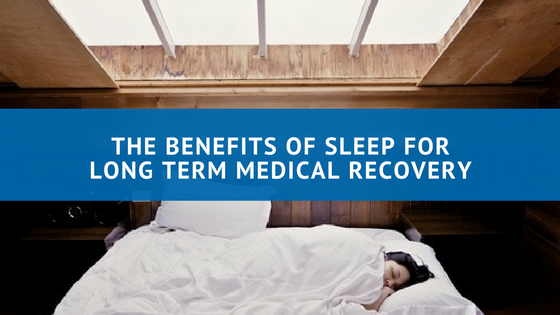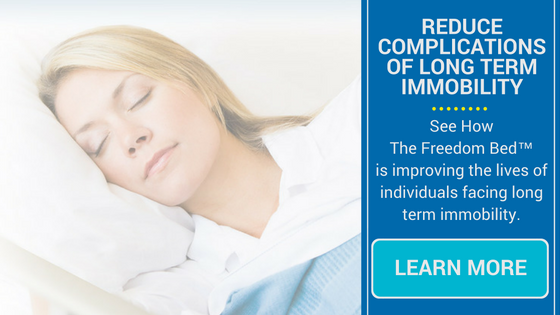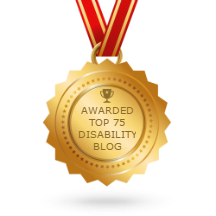
Sleep is an essential human function.
It is so ingrained in our collective being, it can easily be compared to that of other necessary human functions, like eating. Much like consuming nutrients through our food, sleep acts as a critical moderator and protective mechanism that helps to regulate and repair our bodies, providing them with the nutrients our bodies need to grow.
Much like eating, sleep is a staple of good health, and is necessary to maintain human health by assisting in the repair and functionality of our bodily tissues, both body and mind.
For long term medical recovery, sleep is important for a number of reasons. Firstly, as a means of repairing bodily tissues and restoring major restorative functions of the body including protein synthesis, muscle growth and the rejuvenation of cognitive function.
The links between sleep and the immune system date back millennia. A report authored by M.R. Opp and the US National Library of Medicine, suggests that sleep deprivation, and therefore the indirect inability to sleep, may decrease the ability to resist infections like a common cold. This inability to fight bacterial or viral infections could be detrimental to an immobility patient susceptible to pneumonia, for example. In elderly patients, this possibility can be more significant. Sleep aids in the creation of more white blood cells that attack different kinds of viruses and bacteria, says a report from Dr. Sunita Kumar, co-director of the Center for Sleep Disorders at Loyola University Medical Center.
Further, Harvard University reports state that “sleeping fewer than about eight hours per night on a regular basis seems to increase the risk of developing a number of medical conditions.”
Sleep is critical is reducing and preventing feelings of depression, and can help to protect mental health and, quite simply, brighten the patient’s day. As part of a report included in the SLEEP journal, it was observed that people who slept for 7-9 hours per night had fewer symptoms of depression than those who were able to sleep less.
For those experiencing long term immobility , there is an interesting correlation between the chronic effects of being bedridden or isolated to a sleep position, and the benefits of sleep. It is medical opinion that being immobile for prolonged periods of time increases one’s chances of developing pressure ulcers, pressure injuries or bedsores, that become painful abrasions that can affect the patient’s ability to sleep soundly. This reduction in sleep also contributes to numerous medical concerns with the cardiovascular system, lungs, blood and bones.
Interestingly, because the cardiovascular system works best when the body is in an upright condition, blood can begin to pool in the legs, and can cause the heart to beat more quickly. To counteract these effects of prolonged immobility and long term medical recovery, a good night's sleep can help to counteract the prescribed outcomes; your blood pressure is reduced during sleep, giving the heart a slight break, and the body adjusts the release of anti-stress hormones during sleep, adds Kumar. In turn, this can help to decrease inflammation, commonly linked to heart disease.
If prolonged medical recovery times require a patient to remain in a rest position, appropriate amounts of sleep could be interpreted as the bodies way of helping to counter the effects of being bedridden.
The effects of prolonged medical recovery are similarly intertwined with patient brain activity. Bed rest has been associated with various cognitive and mental issues such as inability to sleep, anxiety and depression. These effects can be reduced, if not altered, pending an appropriate amount of sleep is attainable by balancing periods of rest with brief periods of active wakefulness.
A University of Pennsylvania study notes that extended wakefulness from inability to sleep can cause permanent damage to neurons. Shorter bouts of sleep may also cause the brain to literally shrink in volume, meaning appropriate sleep could benefit the human psyche by preserving cognitive volume and ability.
The benefits of sleep extend far beyond the physical. Sleep is an integral part of good human health, and its effects can be measured in the rejuvenation of long term medical recovery patients by way of improved mental and cognitive proficiency. Additionally there is hard physical evidence that supports sleep as a preservative cerebral system designed to prolong and improve our greater health and overall lives.


